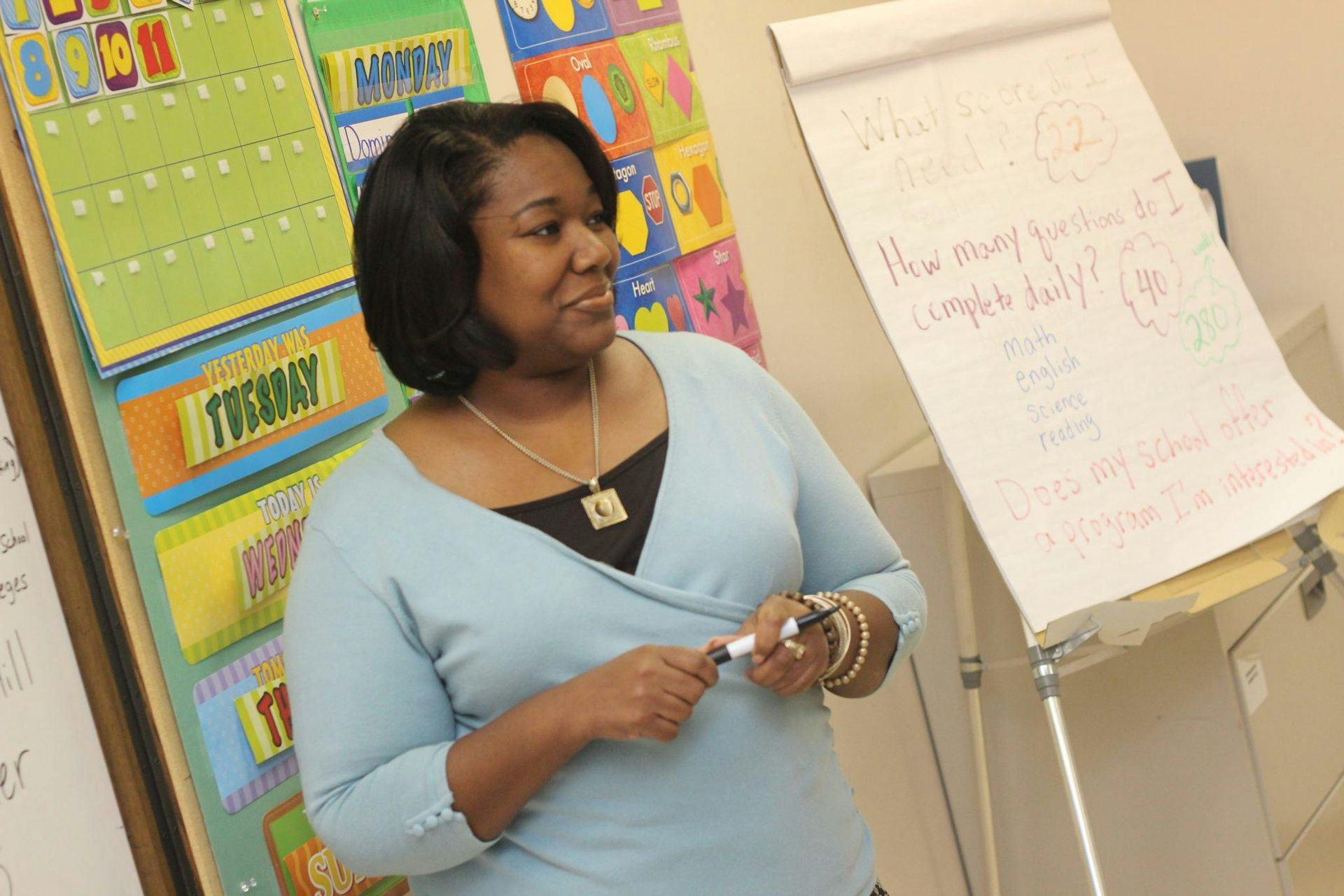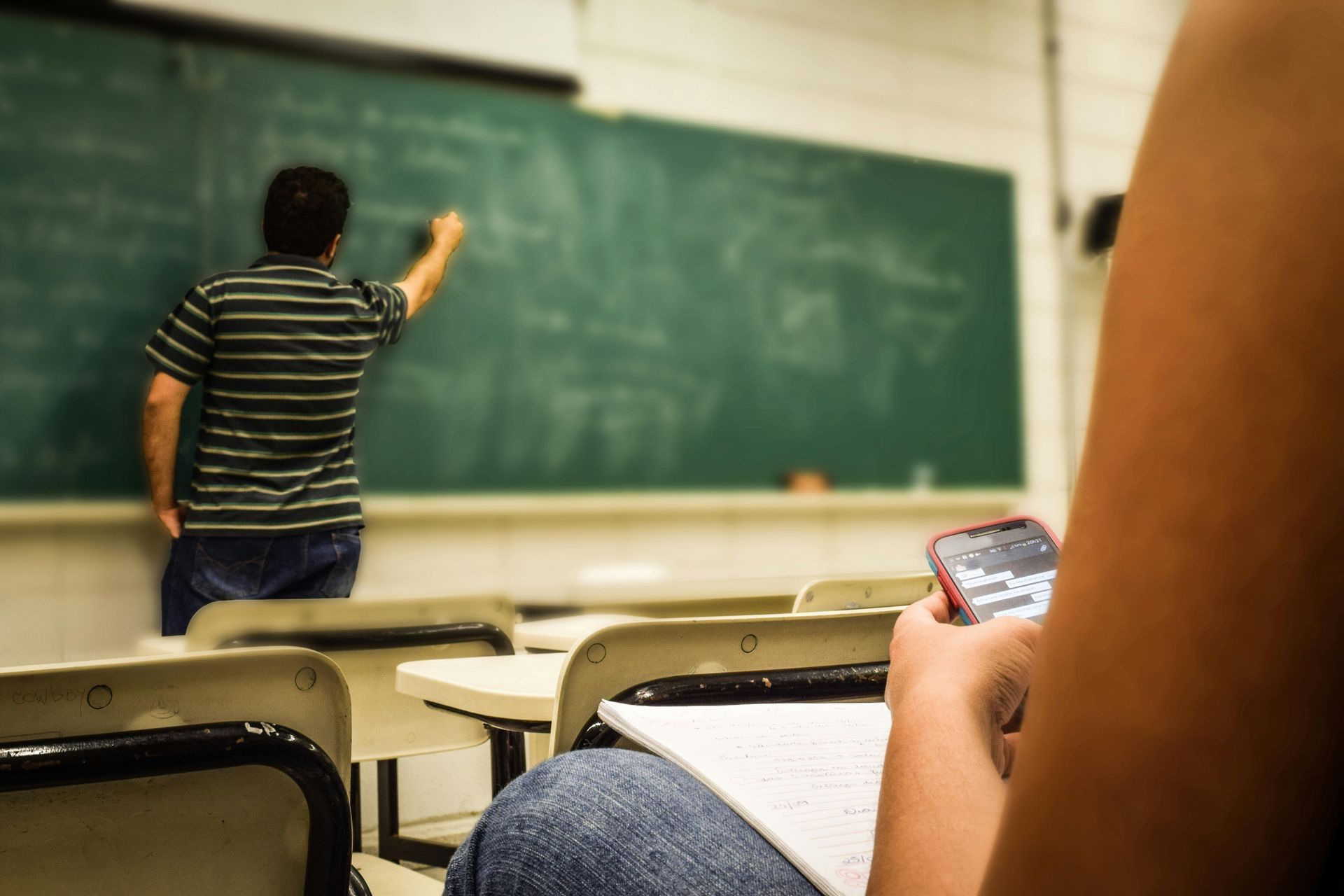New Paragraph
Addressing Gender Disparities in African Education Systems
The Current State of Gender Inequality in Education
Gender inequality remains a significant issue in many African education systems. Girls often face more barriers to education than boys, with cultural, economic, and social factors contributing to this disparity. Although progress has been made in some regions, much work remains to ensure gender equality in education.
The Importance of Gender Equality in Education
Promoting gender equality in education is crucial for a variety of reasons. Educated girls are more likely to delay marriage, have fewer and healthier children, and contribute more to their communities economically and socially. Ensuring equal access to education for all children, regardless of gender, can lead to a more equitable and prosperous society.
Strategies to Promote Gender Equality in Education
Several strategies can help address gender disparities in African education systems. One effective approach is the implementation of scholarships specifically for girls, which can alleviate the financial burden on families and encourage education for female students. Additionally, community-based programs that promote the value of educating girls can help change cultural perceptions and reduce gender biases.
Policy changes are also essential to ensuring equal access to education. Governments need to implement and enforce laws that mandate equal education opportunities for boys and girls. This includes providing safe and accessible school facilities, hiring and training female teachers, and developing gender-sensitive curricula.
The Role of Community and International Support
Community involvement is vital in promoting gender equality in education. Local leaders, parents, and educators must work together to create an environment that supports and values the education of girls. Additionally, international support and collaboration can provide the necessary resources and expertise to implement effective strategies and policies.
In conclusion, addressing gender disparities in African education systems requires a multifaceted approach that includes scholarships, community programs, policy changes, and international collaboration. By promoting gender equality in education, we can ensure that all children have the opportunity to reach their full potential, contributing to a more just and prosperous future for Africa.
Register For Free Masterclass on Business Agility
We will get back to you as soon as possible.
Please try again later.










